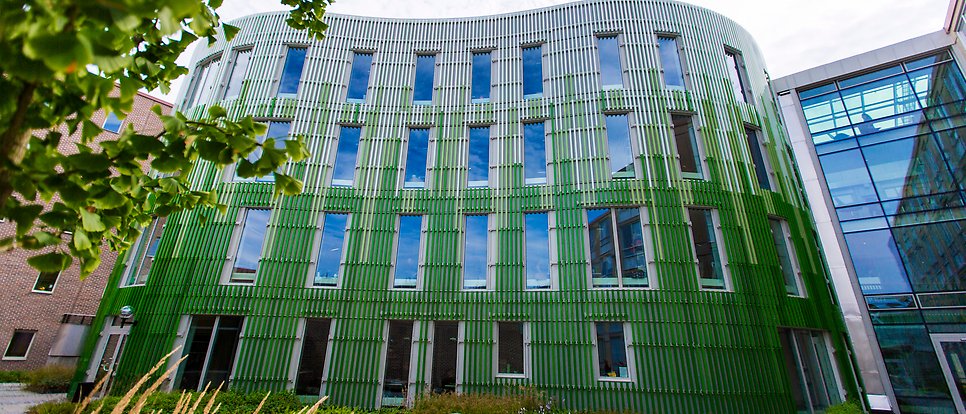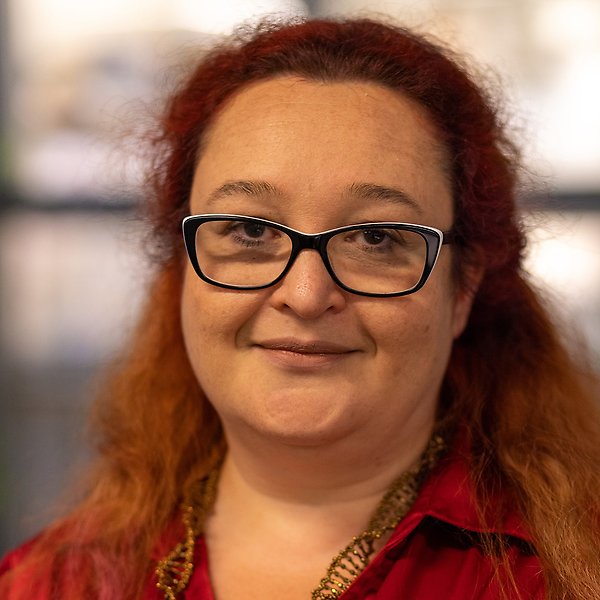DNA analysis can secure biodiversity

“With molecular precision monitoring, we can find out not only which species exist, but also how ecosystems are doing," says Olga Vinnere Pettersson.
To counteract the current biodiversity crisis, we need more effective monitoring of biodiversity. Can DNA-based analysis of environmental samples be a solution? This is the theme of a panel discussion to be held on 28 June during Almedalen Week in Visby. One of the organisers is Olga Vinnere Pettersson, a project coordinator at the Department of Immunology, Genetics and Pathology at Uppsala University.
This panel discussion has been arranged in collaboration with the Swedish University of Agricultural Sciences, and you are also active at SciLifeLab. Why are you rallying around this issue?
“This is an important issue, because it’s so urgent to map the distribution, status and prognosis of various species. We’re losing species at an ever-increasing rate. Sweden also needs a more effective strategy to achieve the global Sustainable Development Goals established in Agenda 2030. Today, environmental monitoring is a task shared by several authorities and handled mainly using old-fashioned methods. But this endeavour must be carried out on a much larger scale and with higher precision. Universities and research infrastructures such as SciLifeLab have both the knowledge and the high-tech instruments needed to do that.”
Which methods are more effective for analysing the state of species and the environment?
“With molecular precision monitoring, we can find out not only which species exist, but also how ecosystems are doing. We can do this using standardised methods in which we take samples from different environments. DNA is then extracted, sequenced and analysed by bioinformaticians and/or processed by computer scientists. Then, for example, we can find out about the distribution of a range of species in various natural environments, map the presence of pathogens, and also study how this changes over time. Then we can put in place the measures necessary to preserve the health of environments and species.”

Olga Vinnere Pettersson, Project coordinator at the Department of Immunology, Genetics and Pathology at Uppsala University and SciLifeLab. Photo: Private
What do you hope to gain from your participation in Almedalen?
“First and foremost, that research funding bodies and decision-makers become aware of the need for method development in this area. We need targeted research initiatives that allow us to design effective and long-term biodiversity-promoting measures. At the same time, we want to convey to the relevant authorities that we are ready to cooperate and find solutions together.”
Anneli Björkman
New tools to secure biodiversity in a changing world – which path should Sweden choose?
Debate/panel discussion with Johan Rockberg, Research Policy Spokesperson at the Young Academy of Sweden, Ulrika Björkstén, Science Commentator at Sveriges Radio and incoming Secretary General of Vetenskap & Allmänhet. Tora Holmberg, Vice-Rector for Humanities and Social Sciences, Uppsala University. Dag Blanck, Professor of North American Studies and Project Manager, Democracy and Higher Education, Uppsala University.
Time: Wednesday, 28 June 8:00–9:00
Place: B-huset, Uppsala University, Main entrance Cramérgatan 3, “Torget”.
